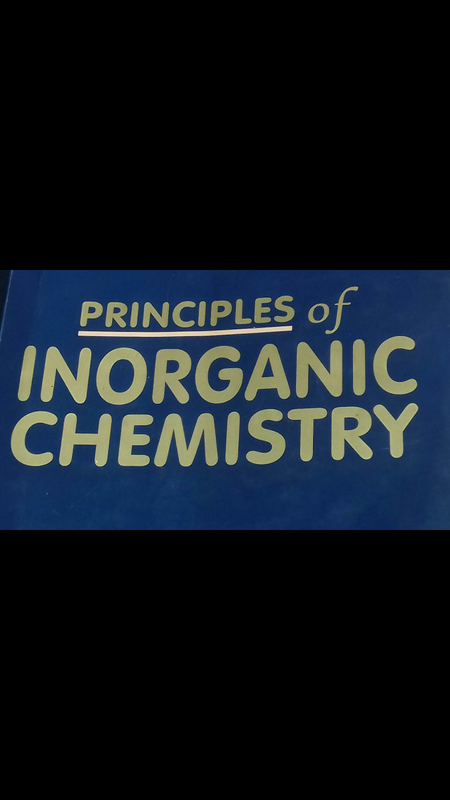Hello guys ; I am here again with a small conceptual basis to distinguish in between each of electron, proton, and neutron.
John Dalton(1809) regarded the atom as a hard, dense and smallest indivisible particle of matter. However, the emission of negatively and positively charged particles from radioactive elements as well as from gases on the passage of electricity at very low pressures, convinced the scientists that atom is not indivisible but consists of smaller fundamental particles. It is now fully established that atom consists of three major fundamental particles called electrons, protons and neutrons.

Now, the question arise - what electron, proton and neutron actually is??
ELECTRON is a negatively charged particle having a charge equal to 1.60206×10^-19 C and a mass equal to 9.1091×10^-31 kg. Since the charge on the electron is the smallest elctronic charge, it is usual to speak of the charge on an electron as unit negative charge. The mass of electron on atomic mass scale is 0.0005487 a.m.u.
PROTON is a positively charged particle with charge equal and opposite to that of electron and mass equal to 1.6727×10^-27 kg. Thus, proton carries a unit postive charge and on atomic mass scale has a mass equal to 1.00728 a.m.u.
NEUTRON is a neutral particle having mass equal to 1.6748×10^-27 kg. Thus, neutron carries no charge and on atomic mass scale has mass equal to 1.00866 a.m.u.
since atom is electrically neutral, it contains an equal number of electrons and protons.
T H A N K
Y O U
S O
M U C H.
written by -@iambijoy.